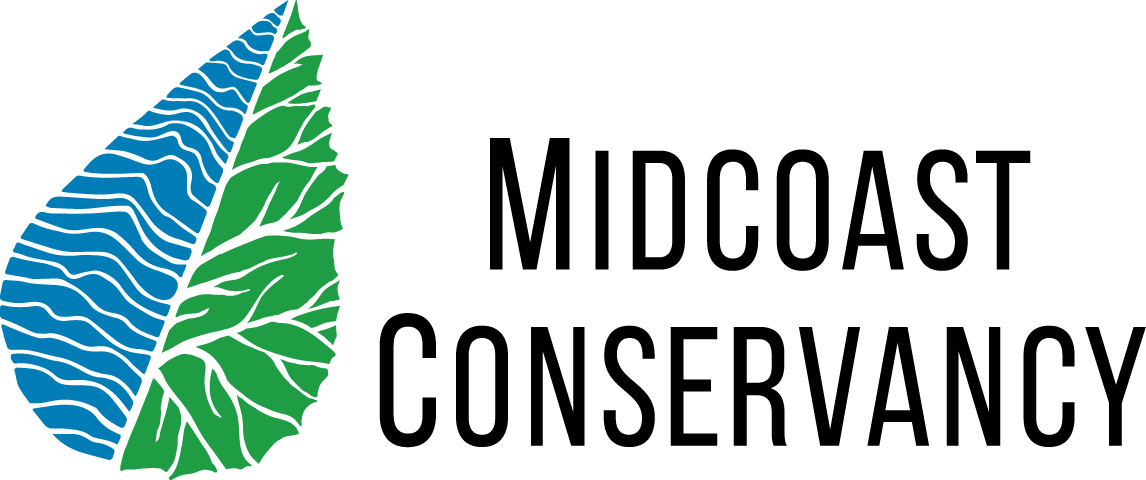Regenerative Oyster Restoration
Native oysters are a keystone species that have true triple-bottom-line benefits – they are culturally, environmentally, and economically significant to our local communities. We are working to return native oysters to the Sheepscot River through aquaculture and the creation of regenerative, sustainable oyster reefs.
Cultural Significance
Oysters were harvested by indigenous people in what is now midcoast Maine. A readily available source of year-round protein, the importance of oysters to indigenous populations, including the Abenaki, is evident locally by the mass of discarded shells at the Whaleback Shell Midden in Damariscotta. In the modern day, oysters are a staple of local seafood
Environmental Significance
Oysters provide multiple benefits. Each adult oyster can filter up to 50 gallons of water per day, removing algae and excess nutrient pollution. In other water rich areas like the Chesapeake Bay, increasing oyster populations through aquaculture, creation and restoration of natural oyster sanctuaries, and seeding harvest areas is a key strategy to fight nutrient pollution. As development pressure in Maine continues to increase, and as our waters continue to warm creating more favorable conditions for oysters to thrive, oysters could be a first line of defense to protect our clean waters.
Economic Significance
According to the 2019 Maine Oyster Trail Map produced by Maine Sea Grant, oysters are an industry worth more than $8 million – a number that has surely grown significantly in the past few years as aquaculture lease applications have skyrocketed. Many see aquaculture as a way to diversify the working waterfront economy and provide sustainable incomes for families in the marine industries.
Our Oyster Plans
We are happy to support our local working waterfront through our Heafitz Oyster Demonstration Project, which includes four aquaculture licenses on the Sheepscot River, located just around the bend from the Wiscasset railroad bridge. Although small in scale, these oysters help filter local waters, support the working waterfront economy, and, eventually, will help spread the oyster story through being a tasty ambassador of our estuaries.
In addition to our aquaculture leases, we are currently pursuing plans to re-create regenerative, self-sustaining reefs in the Sheepscot River. Not only will these reefs help filter waterways, but oyster reefs also create perfect habitat to support other fisheries and an overall healthy aquatic ecosystem.
Thank you to our project partners at Glidden Point Oysters and make sure to check our events page for upcoming oyster tasting and other oyster related opportunities.




